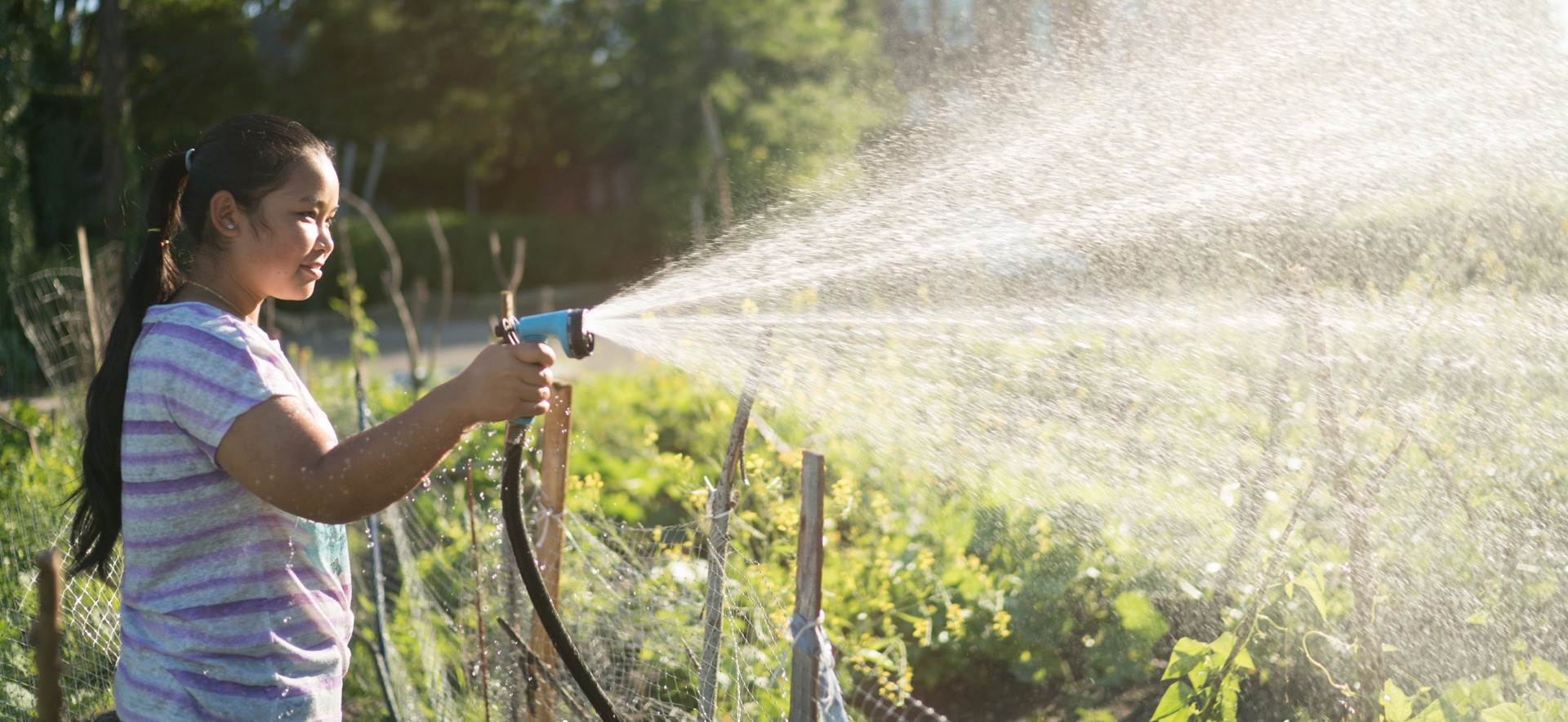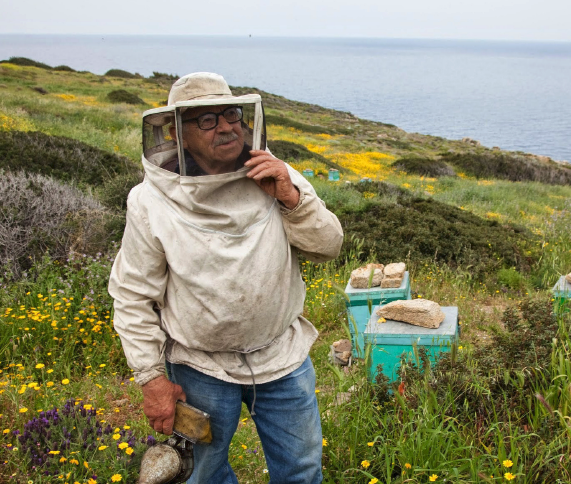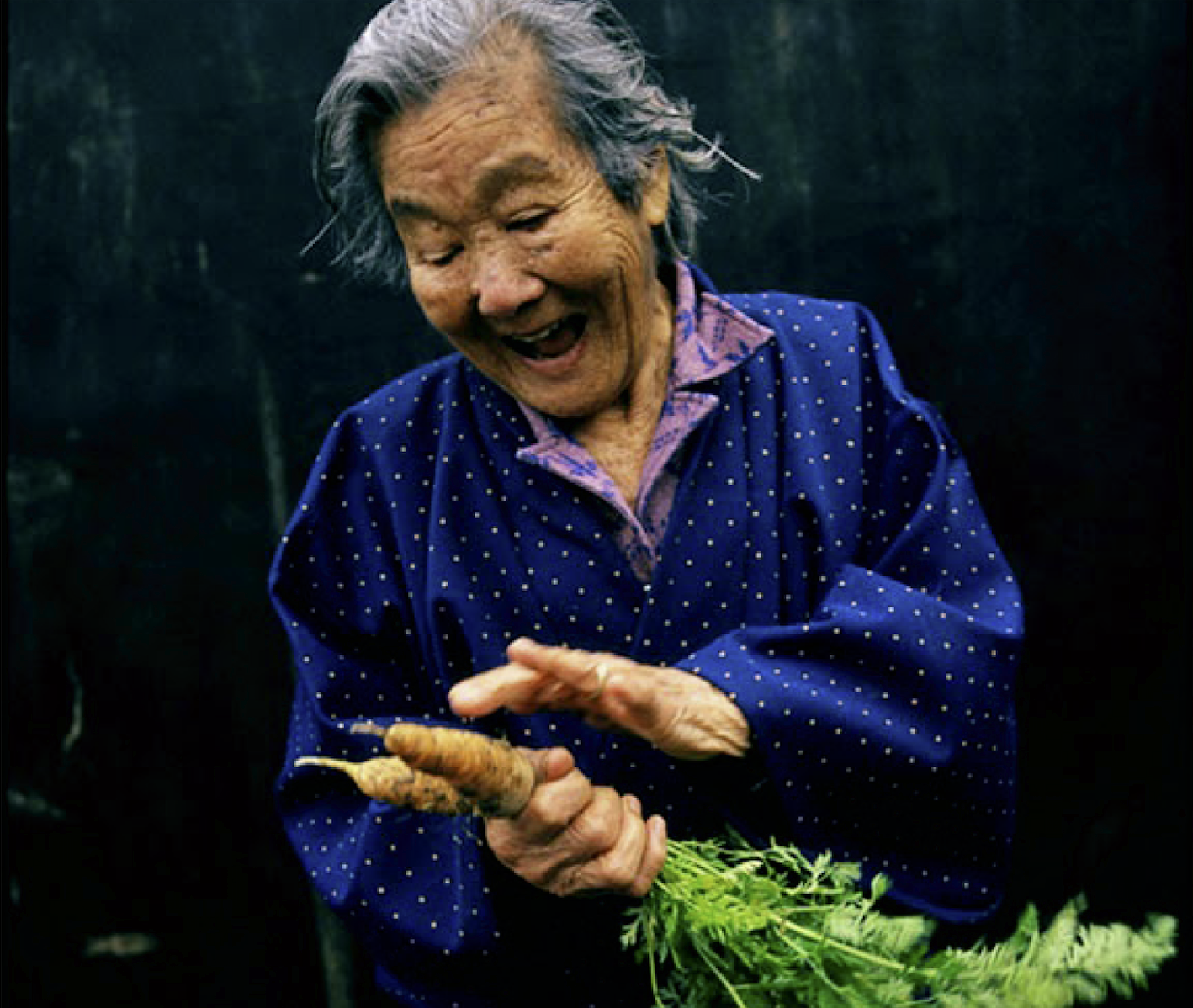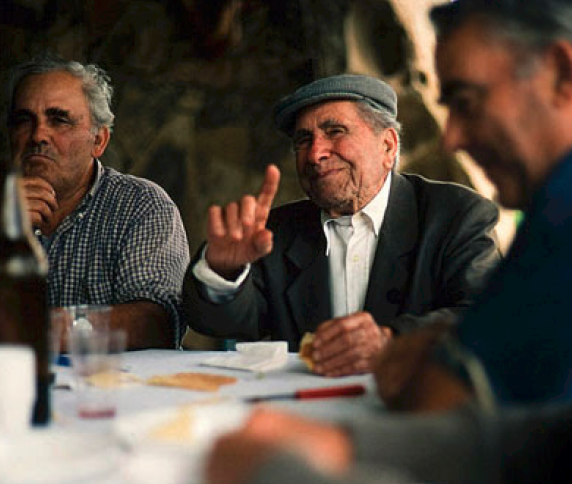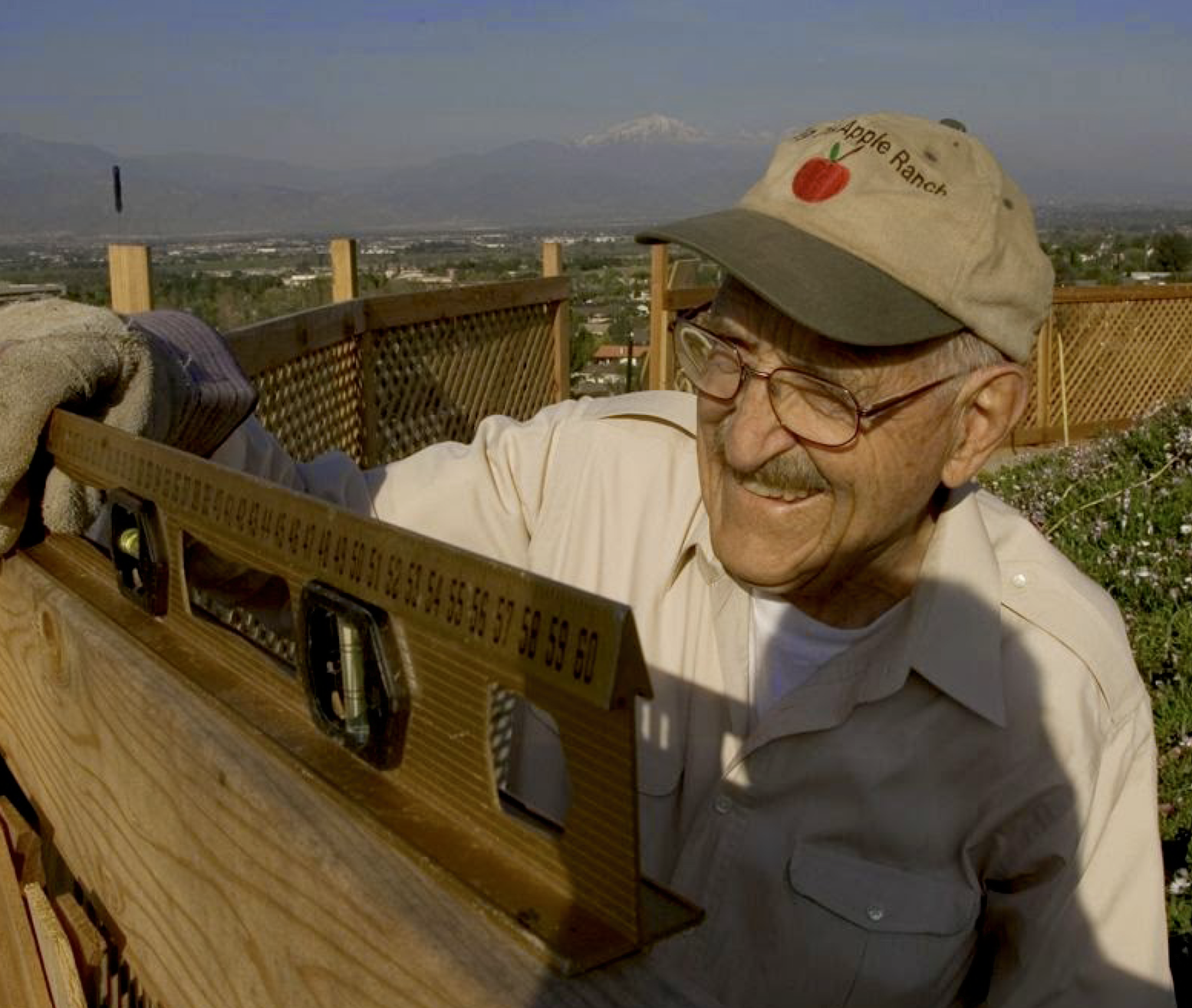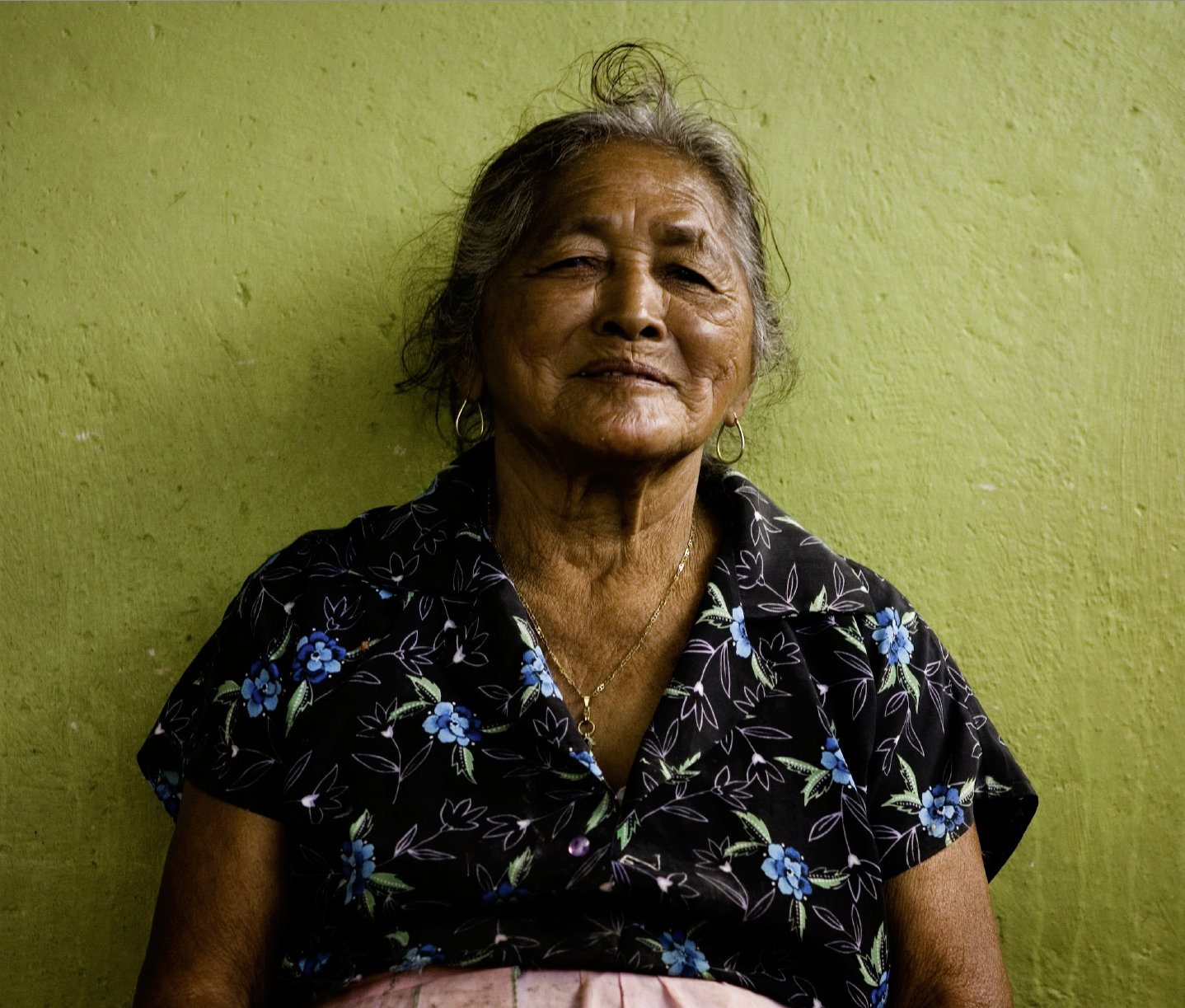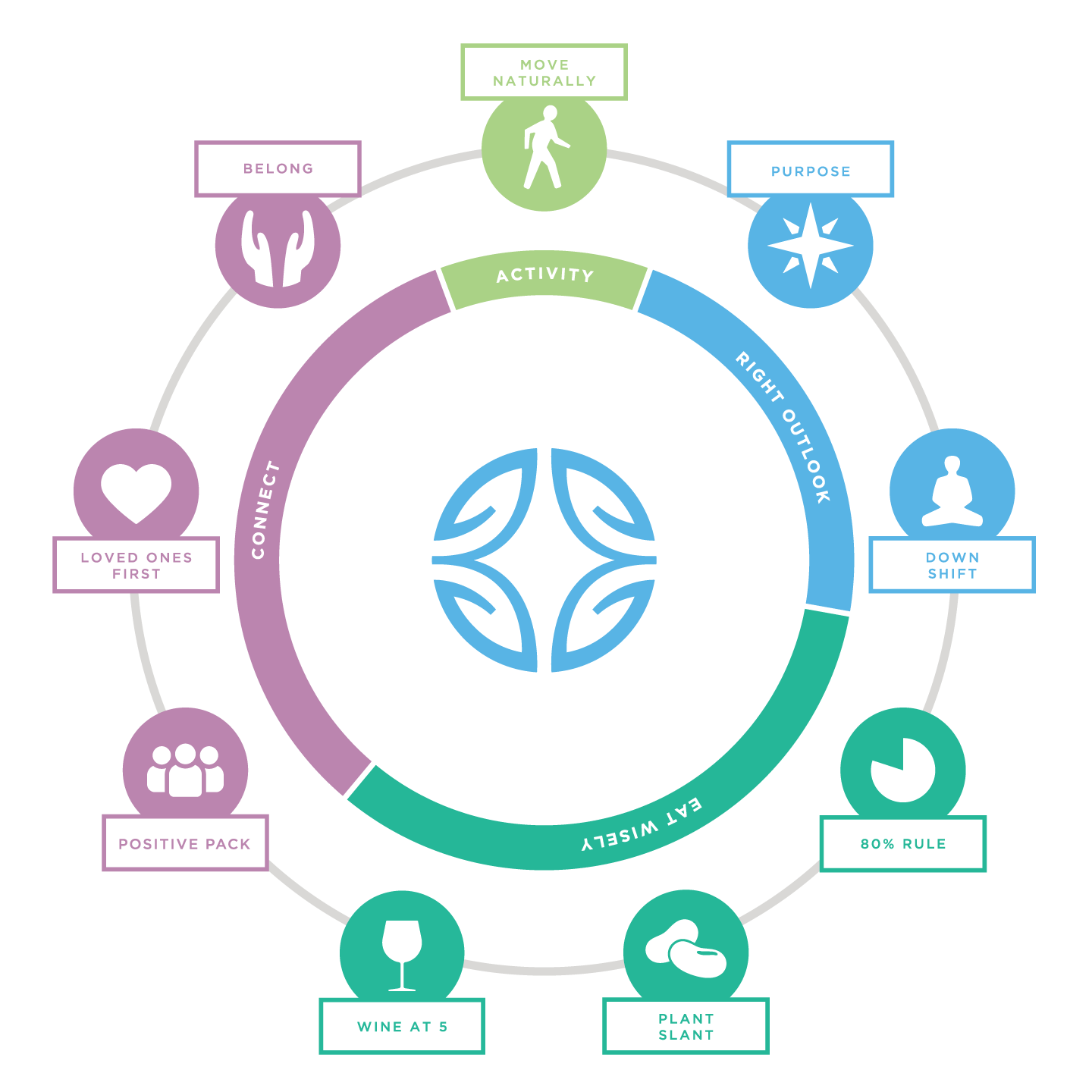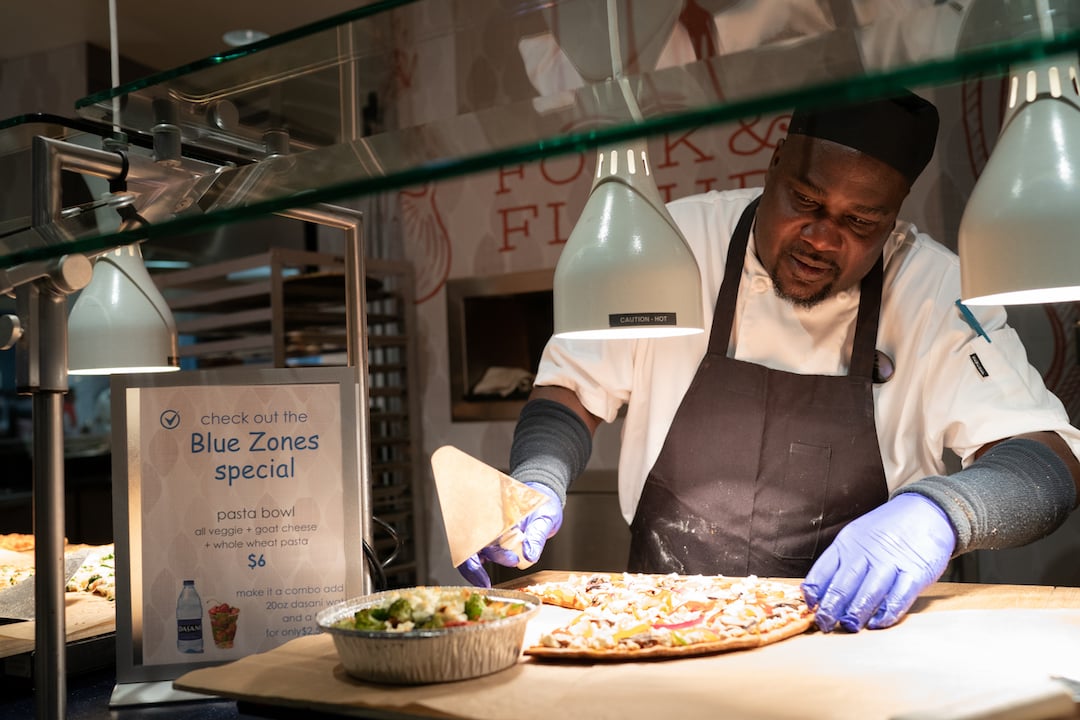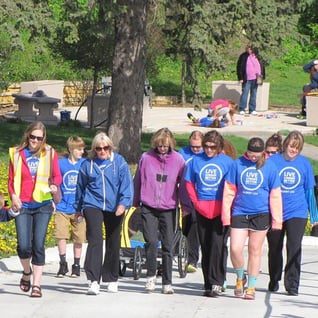Eat Wisely
80% Rule: “Hara hachi bu” – the Okinawan, 2500-year old Confucian mantra said before meals reminds them to stop eating when their stomachs are 80 percent full. The 20 percent gap between not being hungry and feeling full could be the difference between losing weight or gaining it. People in the blue zones regions eat their smallest meal in the late afternoon or early evening and then they don’t eat any more the rest of the day.
Plant Slant: Beans, including fava, black, soy and lentils, are the cornerstone of most centenarian diets. Meat—mostly pork—is eaten on average only five times per month. Serving sizes are 3-4 oz., about the size of a deck of cards.
Wine @ Five: People in the original blue zones (except Adventists in Loma Linda) drink alcohol moderately. Provided you have a healthy relationship with alcohol, you can drink up to 1-2 glasses per day (preferably Sardinian Cannonau wine), with friends and/or with food.
Make it easy to eat wisely. People make more than 200 food decisions every day, and what we eat impacts our health and productivity. Since the early 1900s, plate sizes have grown from 9.5 inches to 12.5 inches, and we’ve increased how much we eat by 27 percent.14 About 60 percent of the food we purchase is highly processed, fatty, salty, or sugary.15 The typical American entrée in a restaurant weighs in at 1,000 calories.16 Blue Zones Project programs have sparked large and small changes in many spaces that influence food choice. We partner with sponsors, community leaders, businesses, and individuals to make a broad impact on health and well-being. By working together, we make eating wisely second nature.
Boost productivity and performance. A study published in Population Health Management revealed that unhealthy eating is linked to a 66 percent higher risk of productivity loss.17 Health-related productivity loss accounts for 77 percent of all employee productivity loss and costs employers up to three times more in annual healthcare expenses.18 From an academic standpoint, students who have access to school garden programs score significantly higher on science achievement tests than students who are taught by strictly traditional classroom methods.19
Fuel healthcare cost savings and economic growth. In the U.S., healthy eating could generate an estimated savings of $114.5 billion per year through reduced medical costs, increased productivity, and declines in heart disease, cancer, stroke, diabetes, and osteoporotic hip fractures.20 A study of U.S. restaurant chains analyzing sales between 2006 and 2011 showed superior performance for restaurants that increased their better-for-you/low-calorie servings—an increase in same-store sales of 5.5 percent. Restaurants that did not increase their better-for-you/low-calorie servings saw a 5.5 percent decline in sales.21 An American Community Gardening Association report showed community gardens can increase home prices for nearby residences as much as 9.4 percent within five years.22
Improve surroundings, sources, and options. Blue Zones Project sparks changes in the stocking, display, and promotion of food choices to put the attention on healthy options in grocery stores, cafeterias, and vending machines. With community partners, we put unused pockets of green space to use as gardens. Menu changes prompted by Blue Zones Project invite engagement and help energize restaurants and their customers.
Champion opportunities to get involved and invested. Individuals and organizations take thousands of actions through Blue Zones Project that shape easier, healthier eating for all. Healthy cooking classes at stores and workplaces bring people together. Potluck Moais connect neighbors with new recipes and each other. Volunteers initiate food-policy changes in their groups and networks that make gatherings fun and healthy.
14. Benton, David. “Portion size: what we know and what we need to know.” Critical reviews in food science and nutritionvol. 55,7 (2015): 988-1004. doi:10.1080/10408398.2012.679980
15. Olson, S.. (2015, May 30). Grocery Stores Sell Processed Food High In Fat, Sugar, And Salt More Than Anything Else. Accessed June 21, 2018. http://www.medicaldaily.com/grocerystores-sell-processed-foods-high-fat-sugarand-salt-more-anything-else-327580.
16. Hurley J., Lim, D., Pryputniewicz, M..(2011). Xtreme Eating 2011: Big Eats…Big Americans. Nutrition Action Healthletter. Center for Science in the Public Interest, 30(6), 13.
17. Merrill, Ray M. et al. "Presenteeism According To Healthy Behaviors, Physical Health, And Work Environment." Population Health Management15.5 (2012): 293-301. Web. 17 June 2020.
>18. Merrill, Ray M. et al. "Presenteeism According To Healthy Behaviors, Physical Health, And Work Environment." Population Health Management15.5 (2012): 293-301. Web. 17 June 2020.
19. Klemmer, C. D., Waliczek, T. M., & Kajicek, J. M.. (2005). Growing minds: The effect of a school gardening program on the science achievement of elementary students. HortTechnology 15(3): 448-452.
20. Anekwe, T.D., Rahkovsky, I.. (2013). Economic Costs and Benefits of Healthy Eating. Current Obesity Reports, 2(3), 225-234.
21. Cardello, H., Wolfson, J., Yufera-Leitch, M., Warren, L., & Spitz, M.. (2013). Better-for-you foods: An opportunity to improve public health and increase food industry profits. Hudson Institute. Accessed June 21, 2018. http://www.hudson.org/content/researchattachments/attachment/1096/better_for_you_ combinedfinal.pdf.
22. American Community Gardening Association. (2009). Promoting Community Gardening Through Research: A Survey. Community Greening Review, 41.


